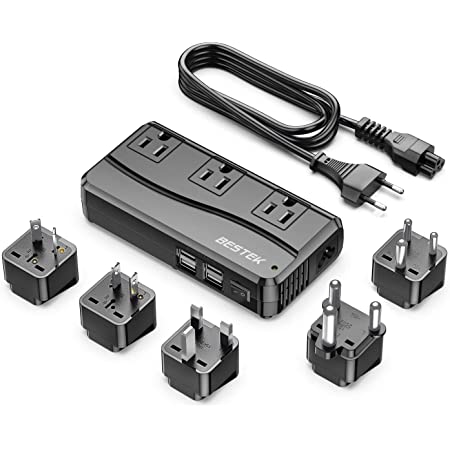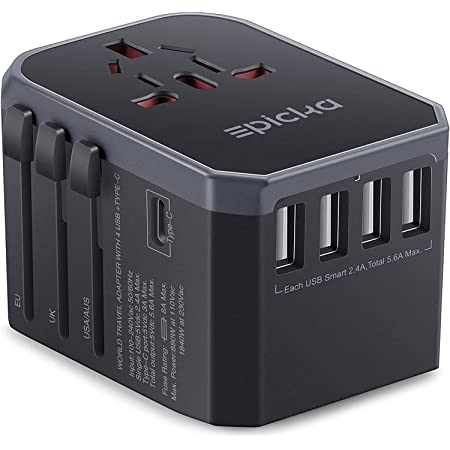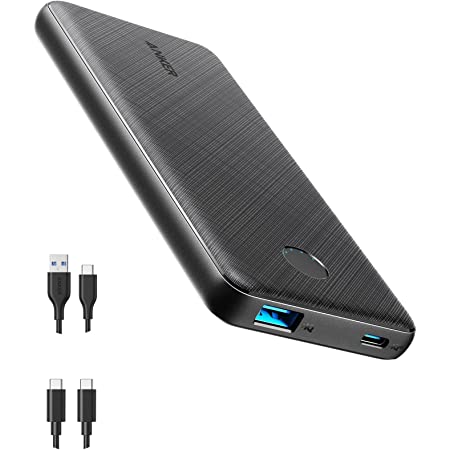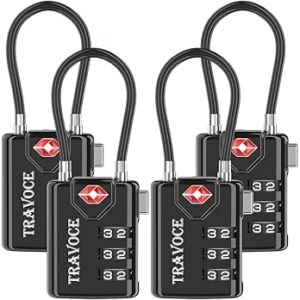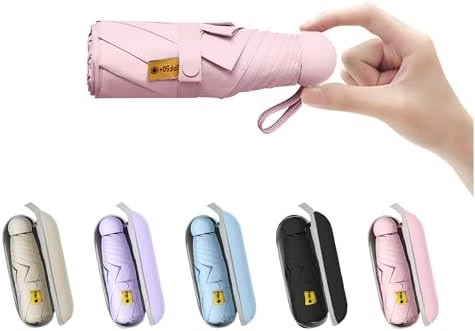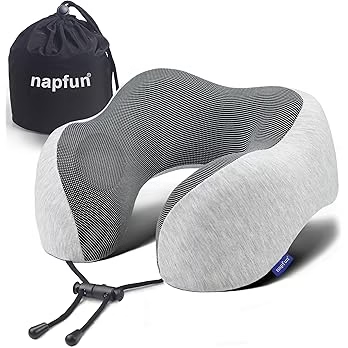Plug For Somalia: What You Need To Know
What is the plug for Somalia? Before you travel, check the information below to make sure your electronic devices are compatible with the outlet type and voltage.
Electrical Summary
Somalia uses outlet type C at a voltage of 220V and a frequency of 50 Hz.
Plug Compatibility: Type C
Voltage: 220V
Frequency: 50 Hz
Type C

Can North Americans use Electronics in Somalia without an Adapter?
No! North Americans will need an adapter for the outlets and a transformer for the voltage when traveling to Somalia. North Americans device plugs will not work with the outlet types in Somalia. Also, the voltage in Somalia is different from North American voltages.
Can Europeans use Electronics in Somalia without an adapter?
Yes! Europeans do not need a travel adapter or transformer when traveling to Somalia. Most device plugs will work with the outlet types in Somalia. Also, the voltage in Somalia is the same as in Europe.
What Outlet does Somalia Use?
Type C

Type C plug sockets are used in Europe, Africa and Asia. They have two round pins and no grounding pin. These plugs are typically used with devices that have a voltage of 220-240V. This outlet is rated for 2.5 amps. Plug Type E, and Type F are compatible with this socket. All other plug types will need an adapter.
Recommended Products:
Should I use a VPN when traveling?
YES! Using a VPN when traveling is highly recommended to protect your online privacy and security. Public Wi-Fi networks in hotels, airports, and cafés are often unsecured, making you vulnerable to hackers and data theft. A VPN encrypts your internet connection, safeguarding sensitive information like passwords and banking details. It also allows you to bypass geo-restrictions, granting access to streaming services and websites that may be blocked in certain countries. Additionally, a VPN helps prevent government surveillance and ISP tracking. For a seamless and secure browsing experience while traveling, choose a reliable VPN with fast speeds and strong encryption.
Somalia Travel Essentials:
Is it safe to drink water in Somalia?
To be on the safe side, you can use common precautions such as boiling tap water for at least one minute, using water purification tablets, or drinking bottled water. It’s also important to note that ice may be made from tap water and that foods may be washed or prepared with tap water.
We recommend always packing a filtered water bottle when traveling!
Travel Essentials
Be sure to check our list of travel essentials before your trip!
Should I get travel insurance when traveling to Somalia?
It is generally recommended to get travel insurance when traveling to a different country. Travel insurance can provide financial protection and peace of mind in case of unexpected events, such as medical emergencies, trip cancellations, lost or stolen baggage, or other travel-related mishaps.
Travel insurance can cover various expenses related to your trip, such as medical expenses, emergency medical transportation, trip cancellation or interruption, lost or stolen baggage or personal belongings, and other travel-related expenses.
Before purchasing travel insurance, it’s important to carefully review the policy details, including the coverage limits, exclusions, and any applicable deductibles or copays. You should also make sure that the policy covers any activities or destinations that you plan to participate in or visit during your trip. Click here to price for Travel Insurance for Somalia
Travel Summary
Somalia, located on the Horn of Africa, is a hidden gem that offers travelers an authentic and off-the-beaten-path experience. With over 3,000 kilometers of unspoiled coastline along the Indian Ocean, Somalia is home to some of Africa’s most pristine beaches. Destinations like Mogadishu, Kismayo, and Berbera feature clear turquoise waters and soft white sands, offering a quiet retreat for adventurous visitors. Beyond the coast, Somalia’s rich history and cultural heritage come to life through the ancient port city of Zeila, the Islamic architecture of Mogadishu, and the remarkable prehistoric rock art at Laas Geel—some of the oldest and best-preserved in Africa.
Somali culture is a unique blend of African, Arab, and Indian Ocean influences, evident in its nomadic traditions, oral poetry, and flavorful cuisine. Nature lovers will also find beauty in the country’s diverse landscapes, ranging from dry savannahs and coastal cliffs to the rugged highlands of Puntland and Somaliland. While Somalia has faced challenges due to political instability, regions like Somaliland and Puntland are relatively stable and have slowly started to welcome cultural and adventure tourism.
Travelers should always consult updated travel advisories, work with trusted local guides, and plan their trips through reputable agencies to ensure safety. Most nationalities require a visa to enter Somalia, and while the Somali shilling is the local currency, U.S. dollars are commonly accepted in major cities. Somali and Arabic are the official languages, though English is spoken in some areas. The best time to visit is between November and March when the climate is dry and more temperate.
Somalia may not be a conventional tourist destination, but it offers a powerful and rewarding experience for those eager to explore a land of resilience, beauty, and deep-rooted history. For travelers with a spirit of discovery, Somalia promises a journey unlike any other.
Traveling to another country? Check out our Countries page for more info on countries like Sudan, Eritrea, South Sudan, Kenya, Ethiopia, Yemen, Djibouti
